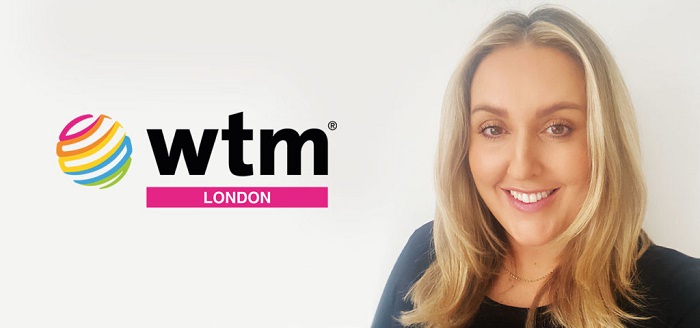The WTM Global Travel Report, produced in association with Tourism Economics, sheds light on the current landscape of the travel industry, showcasing both opportunities and risks that lie ahead. Despite rising travel and holiday costs, demand among consumers remains robust, primarily due to the enduring “revenge travel” trend. However, the report underscores that higher prices are emerging as a key challenge for the industry.
Unveiled during the first day of WTM London 2023, one of the world’s most influential travel and tourism events, the report notes, “Revenge travel, a prevailing trend as consumers catch up on travel after COVID-19, has likely mitigated the impact of high costs on consumer behavior so far. But it remains to be seen how higher prices will continue to impact travelers’ choices going forward.”
The report reveals that travel businesses are increasingly concerned about rising costs and staffing issues. Nevertheless, the outlook for the industry is positive, with many consumers prioritizing travel spending. Several factors that have contributed to the success of global tourism are expected to drive future growth. These include economic growth in emerging markets and demographic and societal shifts.
When asked to identify barriers or challenges to tourism, survey respondents ranked increasing business costs and staffing issues as their top concerns, with 59% and 57% of respondents mentioning them, respectively. The cost of accommodation (54%), the cost of flights (48%), and government bureaucracy/regulations (37%) were also significant concerns, while declining spending among travelers was identified by 33% of respondents.
The report highlights that global tourism continues to rebound strongly, with Tourism Economics predicting that global outbound trips will surpass 1.25 billion by the end of 2023, representing over 85% of the peak level achieved in 2019.


Exciting possibilities are on the horizon as companies harness technology to address staff shortages, major cultural and sporting events make a comeback, and there is growing consumer demand for unique and memorable travel experiences, creating opportunities for tourism destinations and organizations.
The report also notes the rise of “bleisure” (blended business and leisure travel) and other business travel trends like “workcations” as significant opportunities. 53% of respondents highlighted “bleisure” as a key opportunity, emphasizing the growing workplace flexibility and the appeal of working from destinations like the Caribbean Islands.
Personalization is another significant focus and opportunity in the industry, with a Mastercard-sponsored Harvard Business Review report revealing that over half of businesses view customer personalization as a crucial way to boost revenue and profits.
While economic challenges and global events will affect consumer confidence, advances in technology, evolving consumer behavior, and social and geopolitical factors present both risks and opportunities for tourism organizations worldwide.
Juliette Losardo, Exhibition Director at World Travel Market London, expressed that costs are a concern for both customers and travel businesses, who are also grappling with staff shortages. Nevertheless, the report highlights the real opportunities within the industry, such as catering to current trends like personalized travel experiences, which continue to captivate travelers’ imaginations.
Losardo concludes by emphasizing the resilience of the travel and tourism industry, driven by the pent-up demand from the COVID pandemic, and the enduring desire of people to explore different cultures and fulfill their travel dreams. The report suggests that, with these opportunities, the travel and tourism industry is poised for an exciting future.
Also Read
Watch on Youtube
